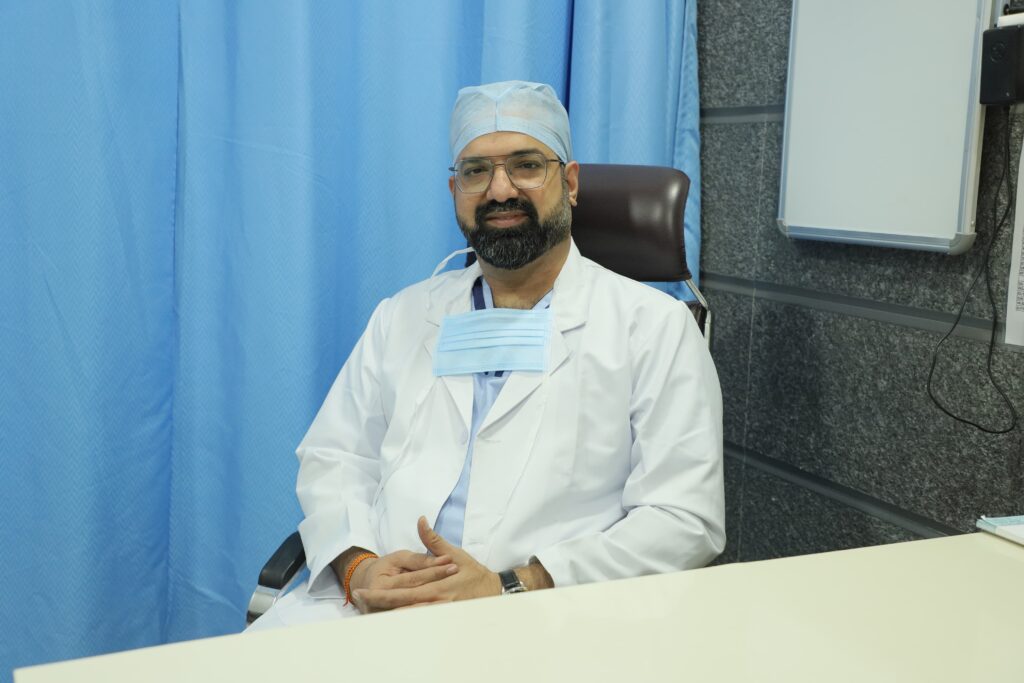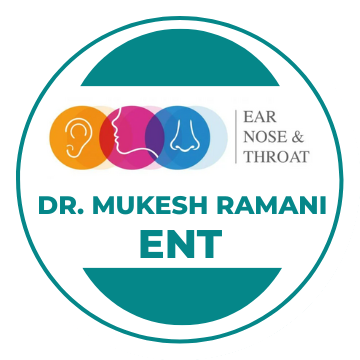Services
We Provide

Understanding Middle Ear Infection
A middle ear infection, also known as otitis media, is a common condition that occurs when the middle ear becomes infected and inflamed. This type of infection often occurs as a result of fluid buildup behind the eardrum, leading to discomfort and potential complications. Middle ear infections can affect individuals of all ages but are more common in children. Understanding the causes, symptoms, diagnosis, and treatment options for middle ear infections is crucial for effective management and prevention of complications.
Diagnosis of Middle Ear Infection
A healthcare provider can diagnose a middle ear infection through a physical examination of the ear using an otoscope. During the examination, they will look for signs of inflammation, redness, or fluid behind the eardrum. In some cases, additional tests, such as tympanometry or audiometry, may be conducted to assess middle ear function and severity of the infection.
Causes of Middle Ear Infection
Middle ear infections are typically caused by bacteria or viruses that enter the middle ear through the Eustachian tube. Factors that can increase the risk of middle ear infections include:
- Upper Respiratory Infections: Cold or flu viruses can cause inflammation and congestion in the Eustachian tube, leading to fluid buildup and increased susceptibility to middle ear infections.
- Allergies: Allergies that cause nasal congestion or swelling of the Eustachian tube can impair fluid drainage from the middle ear, increasing the risk of infection.
- Environmental Factors: Exposure to tobacco smoke or air pollution can irritate the Eustachian tube and increase the risk of middle ear infections.
- Anatomical Factors: Structural abnormalities of the Eustachian tube or the presence of enlarged adenoids can interfere with proper fluid drainage from the middle ear, predisposing to infections.
Symptoms of Middle Ear Infection
Common symptoms of a middle ear infection may include:
- Ear Pain: Pain or discomfort in the affected ear, which may worsen when lying down or chewing.
- Fever: Elevated body temperature, especially in children.
- Hearing Loss: Partial or temporary hearing loss due to fluid buildup and inflammation in the middle ear.
- Ear Drainage: Fluid or pus draining from the ear.
- Irritability: Children may appear irritable or have difficulty sleeping due to ear pain.
It’s important to seek medical attention if you or your child experience symptoms of a middle ear infection to receive appropriate treatment and prevent complications. Treatment for middle ear infections may involve the use of antibiotics to clear the infection, pain relievers to alleviate discomfort, and management of fever. In some cases, a healthcare provider may recommend observation without antibiotics for mild cases or surgical intervention to drain fluid from the middle ear in recurrent or severe infections.
18+
years
of experience

Dr. Mukesh Kumar Ramani
Dr. Mukesh Kumar Ramani is a dedicated Specialist ENT Surgeon at Aster Clinic (Aster Jubilee Medical Complex) in Burdubai, Dubai. With over 18 years of experience in the field, Dr. Ramani has garnered expertise in various aspects of Otorhinolaryngology.
He completed his MBBS from Thanjavur Medical College, Tamilnadu, India, followed by MS (ENT) from B. J. Medical College, Ahmedabad, India, and DNB from the National Board of Examinations, New Delhi, India. Dr. Ramani’s extensive academic background is complemented by his passion for delivering high-quality patient care.
